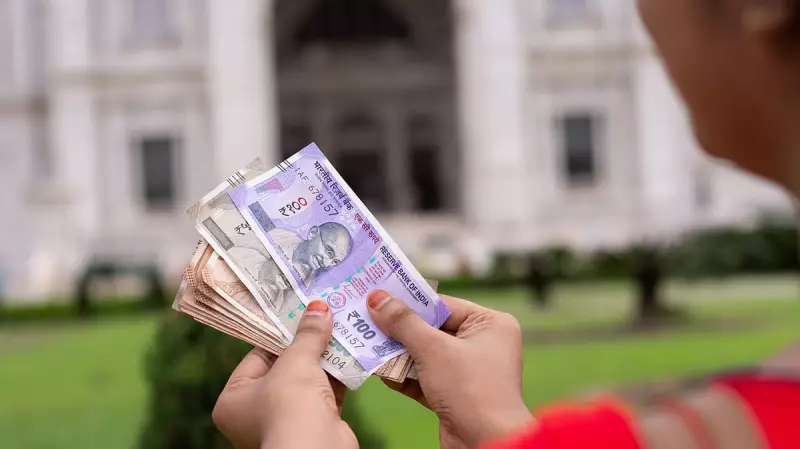
In a landmark move toward women's economic empowerment, twelve Indian states are gearing up to deploy a staggering ₹168 lakh crore through various cash transfer schemes specifically designed for female beneficiaries. This financial tsunami represents one of the most significant commitments to gender-focused economic initiatives in recent history.
Unprecedented Financial Allocation for Women's Welfare
The colossal funding, detailed in a comprehensive report by the Network of Women in Media, India (NWMI), and the Gender and Governance Programme at the National Foundation for India (NFI), underscores a growing recognition of women's crucial role in economic development. These substantial financial injections aim to directly boost household incomes and enhance financial autonomy for millions of women across participating states.
State-Wise Breakdown of Women-Centric Initiatives
The report meticulously documents how different states are tailoring their approaches to women's economic empowerment:
- Karnataka leads with ambitious financial commitments through its Gruha Lakshmi scheme
- Madhya Pradesh implements the Ladli Behna Yojana with substantial budgetary support
- Telangana continues its financial assistance programs with renewed vigor
- Other participating states have developed customized cash transfer initiatives addressing local needs
Beyond Immediate Financial Relief
While the immediate impact involves direct cash transfers to women's bank accounts, the broader implications are far more transformative. These schemes are designed to:
- Enhance women's decision-making power within households
- Improve access to essential services and resources
- Strengthen financial inclusion through bank account penetration
- Create sustainable pathways out of poverty
- Boost local economies through increased purchasing power
Implementation and Monitoring Framework
The successful execution of these massive financial commitments relies on robust digital infrastructure and transparent governance mechanisms. Most states are leveraging Direct Benefit Transfer (DBT) systems to ensure efficient and leak-proof fund distribution directly to women's bank accounts.
Monitoring and evaluation frameworks have been established to track the schemes' effectiveness, with regular assessments planned to measure economic and social outcomes for women beneficiaries and their families.
Economic and Social Implications
Economists predict that this unprecedented financial allocation could trigger significant multiplier effects across state economies. By putting substantial resources directly into women's hands, these initiatives are expected to:
- Stimulate local consumer markets
- Enhance children's education and health outcomes
- Reduce gender disparities in financial access
- Create more resilient household economies
- Accelerate progress toward Sustainable Development Goals
As these twelve states move forward with implementation, all eyes will be on the tangible outcomes of this historic commitment to women's economic empowerment. The success of these schemes could potentially redefine social welfare approaches across India and beyond.






